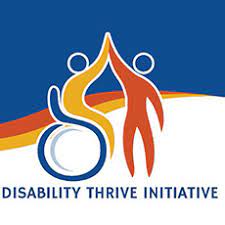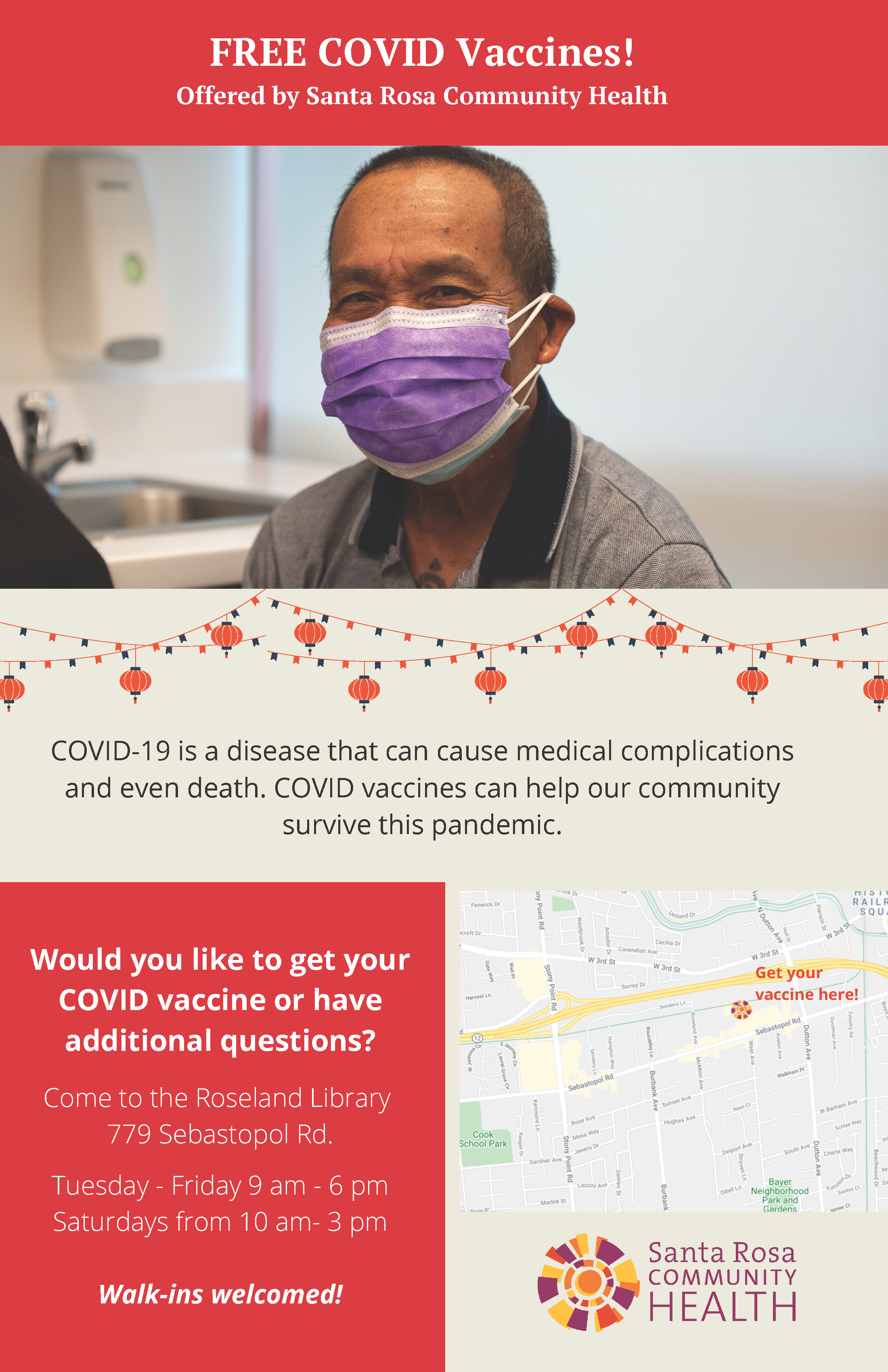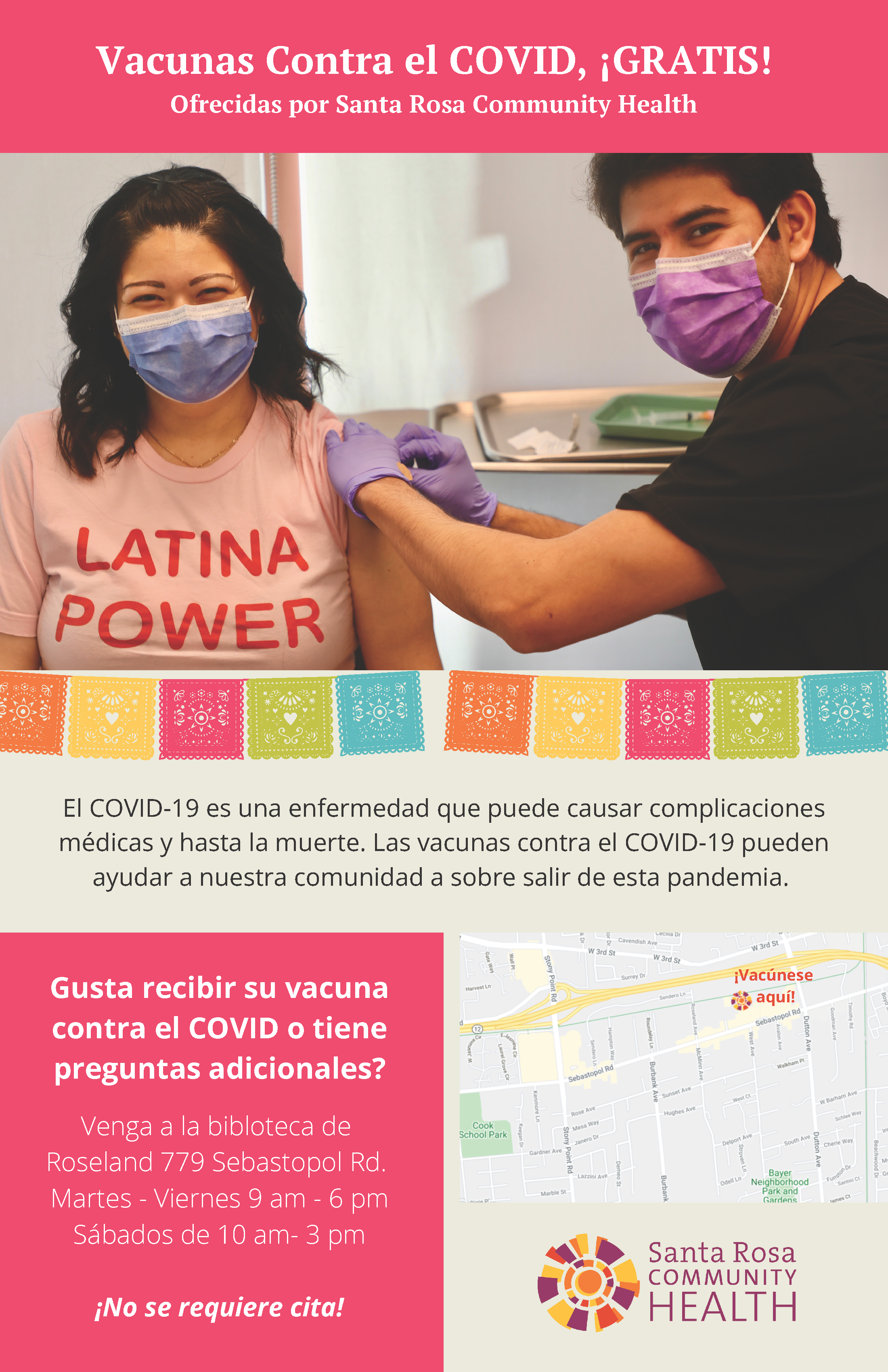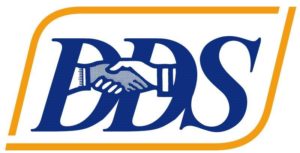Per recent amendment to the Lanterman Act (Section 4519.5 of the Welfare and Institutions Code), all regional centers are required to provide a report of our expenditures across identified demographic groups (e.g., by disability, by age, by race or ethnicity, or by language) and to hold a public meeting with stakeholders regarding the data.
NBRC collaborates with the Department of Developmental Services to prepare this report. We encourage you to keep limitations to this report in mind when reviewing the data.
For example:
• Due to limitations in the statewide Uniform Fiscal System, not all expenditures can be reflected in this report. For example services that we purchase under a contract, such as some supported employment services, transportation, etc are not counted in this data.
• It also does not include authorized expenditures for services which have been provided but have not yet been billed to the regional center by service providers.
• This report does not reflect services in Individual/Family Service Plans that are funded by MediCal, Supplemental Security Income, health plans, etc
For more information, see links below.
NBRC FY 22-23 Expenditure Report
NBRC FY 22-23 Expenditure Report (Spanish)
NBRC Annual Disparity Report FY 21-22
NBRC Disparity Report FY21-22 ENGLISH-REVISED
NBRC Disparity Report FY21-22 SPANISH-REVISED
NBRC Disparity Report FY21-22 ENGLISH
NBRC Disparity Report FY21-22 SPANISH
NBRC Language Access & Culture Plan FY 21-22
NBRC Disparity Annual Report FY 2020- 2021
NBRC 2021 Expenditure Report Spanish
NBRC 2020 Expenditure Report – Spanish
NBRC 2019 Disparity Presentation
Disparity Annual Report FY 2019-2020
2019-2020 NBRC Feedback & Action Plan
Disparity Funds Program Presentation 19.20
Disparity Proposal comment form Disparity Proposal comment form_Spanish
Disparity Annual Report FY 18.19
Feedback and Action Plan Cover Letter 2019
NBRC-Feedback-and-Action-Plan-for-2018-2019
NBRC 2018 Expenditures Report Presentation- Final English
NBRC 2018 Expenditures Report Presentation – Final Spanish
NBRC Expenditures by Ethnicity Report 2017
NBRC Expenditures by Ethnicity Report 2016









